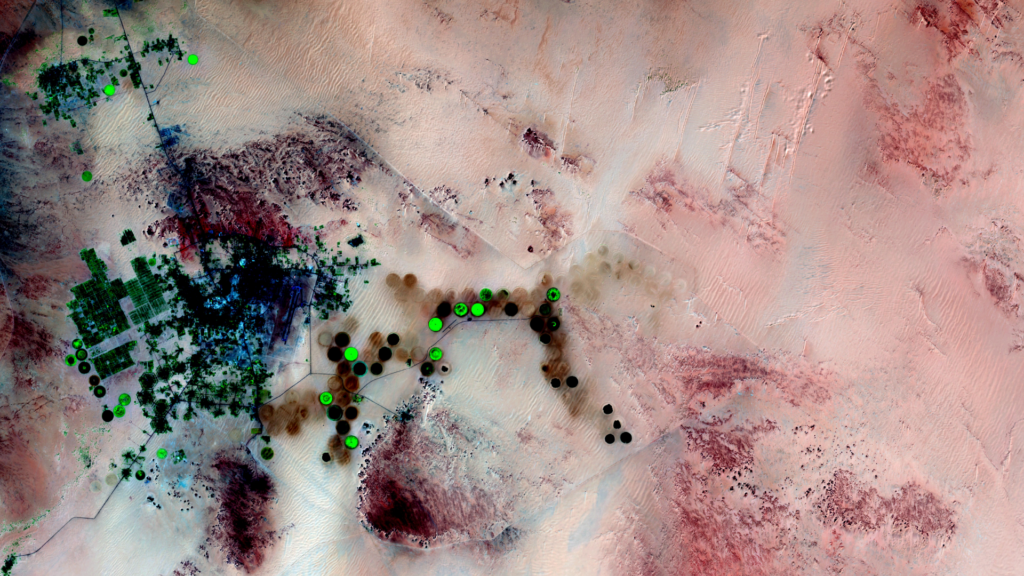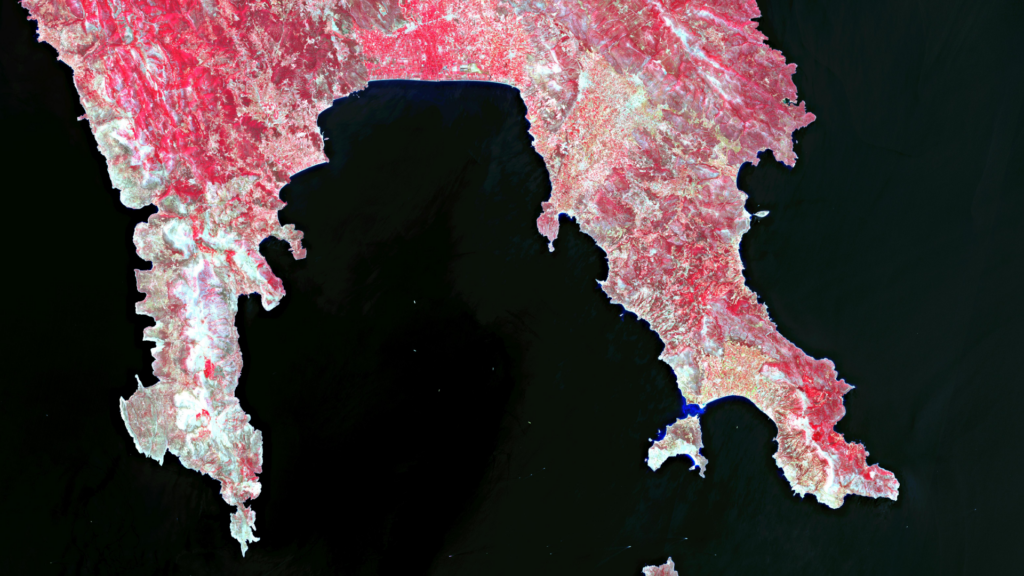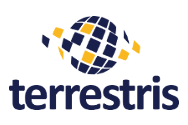FOSS4G 2021 Videos from and with mundialis online

This year, for the first time, the annual FOSS4G conference was held on the South American continent from Sept 27th – Oct 02nd, 2021 in Buenos Aires. Due to the Corona pandemic, the conference was held as an online conference. Our presentations are now available as videos. The following contributions by and with mundialis employees […]
Lots of code, fruitful discussions & productive cooperation: review of a successful retreat

As announced we went on a joint retreat in Greece with our sister company terrestris from 2021-10-01 to 2021-10-08. Retreats have a long tradition with us, maybe not as long as terrestris, but internationally we went to Spain in 2018, and Portugal in 2015, and many more times at home in Bonn which create time […]
FOSS4G 2021 Beiträge von und mit mundialis
In diesem Jahr sollte die jährliche FOSS4G Konferenz erstmalig auf dem südamerikanischen Kontinent vom 27.09.21 bis zum 02.10.21 in Buenos Aires stattfinden. Vermutlich nicht nur wir haben uns auf ein Wiedersehen mit vielen Bekannten und Freunden aus der Community gefreut. Aufgrund der Corona-Pandemie wurde im Frühjahr allerdings entschieden, die Konferenz als Online-Konferenz durchzuführen. Dies gibt […]
Germany 2019-2020 – Land cover change based on Sentinel-2 data
– Change detection map of Germany for 2019-2020 now available – The series of land cover classification and land cover change maps of Germany based on Sentinel-2 data has been extended. Based on the new land cover map of Germany for 2020 and the land cover map for 2019 already produced at the end of […]
The European New Space will be digital or it will not be
Joint press release – Paris, 8. July 2021 Faced with the dynamism of American startups, in the global race for space, Europe offers a collective response by bringing together the best expertise in the mastery of big data technologies, “computer vision” and sovereignty in the processing of databases of data. Eight European companies: two German […]
Review FOSSGIS 2021: Videos and presentations
This year’s FOSSGIS conference took place – theoretically in Rapperswil, Switzerland – from 06 to 09 June 2021. Unfortunately, it was not possible to be on site in Switzerland due to the pandemic, so the conference was held online. To say it in advance: This worked out excellently and was a very good experience. More […]
HERMOSA: Watch our new video
You can watch the new video from HERMOSA here: https://www.youtube.com/watch?v=aSvQv99mLLQ
HERMOSA Bulletin: Supporting restoration action in Africa
Over the past few weeks we spoke about optical and radar data analyses, VHR data, interoperability and other fancy stuff that HERMOSA is capable of. One of the big questions in this context: Who are the organisations that need this functionality? We are proud to introduce Tree Adoption Uganda (TAU), our partner in East Africa. […]
HERMOSA Feature-of-the-Week: The reports tell how it is
The HERMOSA platform has many nifty features when it comes to importing, analysing and managing geodata. They were explained in previous contributions and can be found in the news section of our homepage. Each one of them is important in itself but the end-point of many activities is the communication about the overall achievement. In […]
HERMOSA Bulletin: UN Decade on Ecosystem Restoration SPECIAL
5 users per SDG get HERMOSA professional level for unbelievably low prices – hurry up, a one time offer!HERMOSA is an internet based platform accessible via https://hermosa.earth which supports the ecosystem restoration process through the use of geo and satellite data. It is the first of its kind to combine matchmaking between stakeholders, supporting the […]
